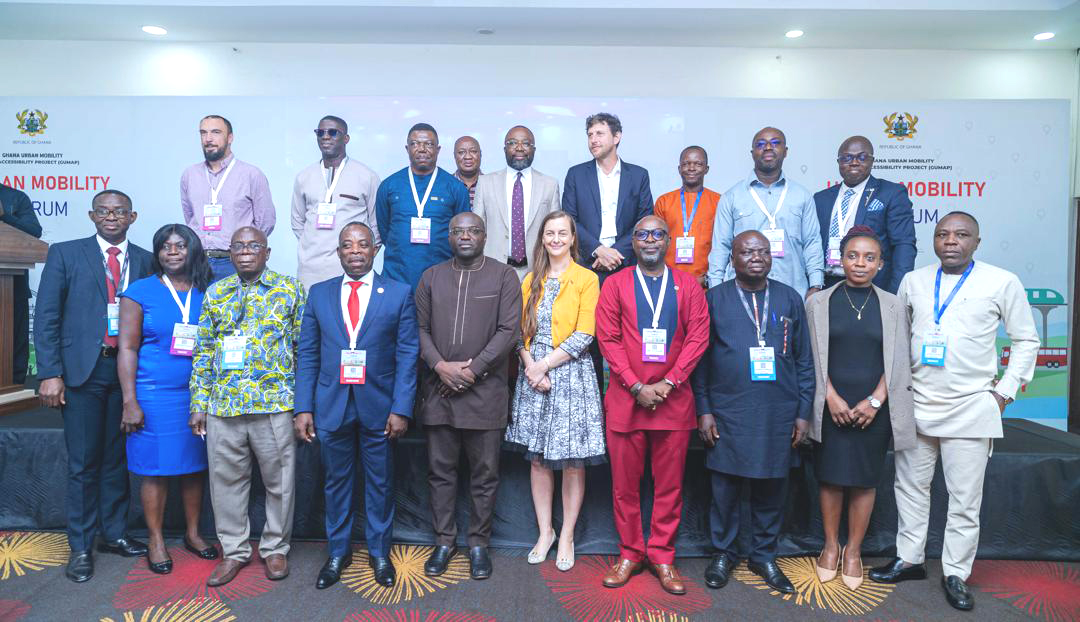The Minister for Local Government, Decentralisation and Rural Development, Mr. Martin Adjei-Mensah Korsah emphasized the need for a collaborative approach in addressing the urban mobility and accessibility challenges facing the Greater Accra Metropolitan Area (GAMA).
He highlighted the significant urbanization and population growth in GAMA, which has intensified pressure on transportation infrastructure and services.
Mr. Adjei-Mensah Korsah noted that the challenges of congestion, air pollution, and inefficiencies in public transport require urgent and collective action.
Addressing participants at the close-out event of the Ghana Urban Mobility and Accessibility Project (GUMAP) held at the Alisa Hotel in Accra yesterday, the Minister said “The Ministry has collaborated with various partners to formulate policies, devise strategies, and design programmes aimed at improving urban mobility and accessibility.
“However, addressing these challenges requires concerted efforts from all stakeholders, including other ministries, departments, agencies, development partners, the private sector, and citizens.”
He outlined key achievements of the GUMAP, a $6 million grant from the Swiss State Secretariat for Economic Affairs (SECO), which included household travel surveys, public transport routes and passenger flow mapping, and the introduction of new courses at Kwame Nkrumah University of Science and Technology (KNUST). These efforts, according to the Minister, are foundational steps towards a more sustainable urban transportation system.
Mr. Adjei-Mensah Korsah also revealed plans for small-scale pilot safety improvement measures at six critical junctions within the beneficiary Metropolitan and Municipal Assemblies.
These improvements are aimed at enhancing road safety for all users and testing the applicability of findings from the project’s studies.
Despite the progress made, the Minister acknowledged that the project has not resolved all the urban mobility and accessibility issues in GAMA.
However, he stressed that the data and insights gathered provide a crucial baseline for future targeted investments and interventions.
Mr. Adjei-Mensah Korsah called for sustained partnership and collaboration among urban mobility stakeholders to ensure a resilient, liveable, and sustainable future for Accra. “Together, we have the power to shape the future of urban mobility and make a lasting impact on the lives of all residents in GAMA and beyond,” he affirmed.
The forum, which served as a platform for sharing achievements and lessons from GUMAP, aimed to foster synergies and enhance partnerships towards improving urban mobility and accessibility in Ghana.
Dr. Evans Aggrey-Darkoh, the Head of Civil Service, who chaired the occasion, stated the importance of continuous engagement and adaptability in implementing urban mobility solutions.
“Our approach must be dynamic, responding to the evolving needs and challenges of our urban spaces. The success of GUMAP is a testament to what we can achieve through persistent and coordinated efforts,” he remarked.
Deputy Minister for Local Government, Decentralisation and Rural Development Abdulai Abanga, highlighted the critical role of community involvement in ensuring the success of urban mobility initiatives.
“For these measures to be effective, we must actively engage local communities. Their input and cooperation are essential in creating solutions that are both practical and sustainable,” he noted.




































